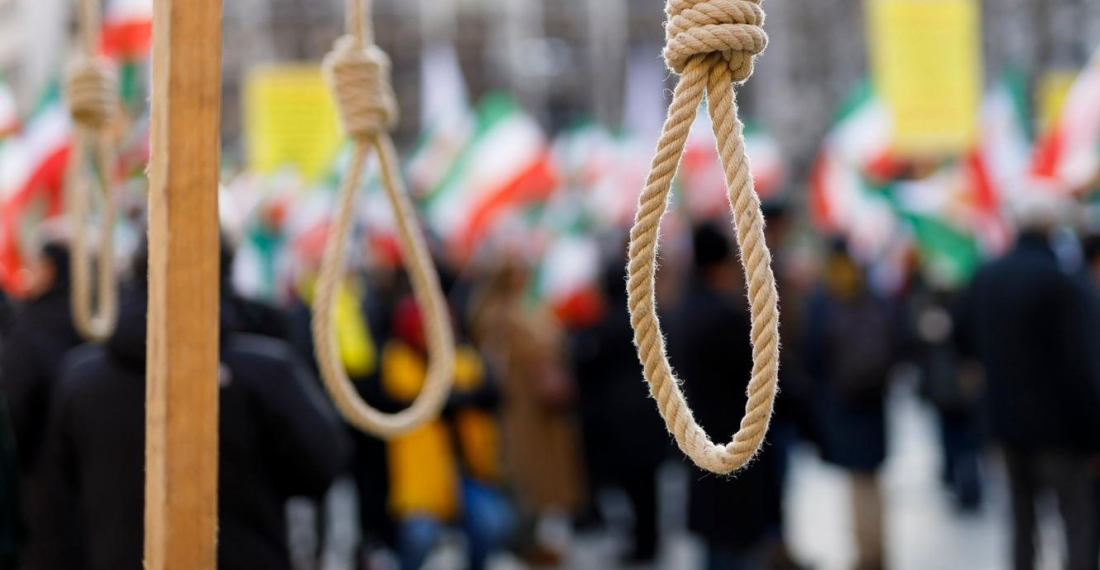Iran's clerical dictatorship has unleashed another wave of repression and executions in an effort to contain protests that continue unabbetted across the country.
Iran’s judiciary announced on Sunday four people had been jailed for up to 10 years for calling for strikes in support of ongoing nationwide protests against the regime.
It is the first time the judiciary has announced prison sentences for such an act during demonstrations triggered by the death of Mahsa Amini at the hands of the morality police in September. Activists used social media early last month to call for a three-day nationwide strike in support of the protesters.
The judiciary’s Mizan Online news website said that the four defendants had been jailed for between one and 10 years. They were not identified and may still appeal.
Mojtaba Ghahramani, head of the judiciary for Iran’s southern province of Hormozgan, told Mizan that the four were sentenced principally “for having incited drivers to strike,” and for vandalism.
“None of the defendants is a driver or has anything to do with the transport sector,” he said. “One was sentenced to 10 years’ imprisonment and another to five years for forming a group with the aim of disrupting national security,” Ghahramani said.
Two others were jailed for a year and fined for “disturbing public order and destroying truck windows,” he said.
Last month local media reported that authorities sealed a jewelry shop and restaurant in Tehran belonging to footballer Ali Daei, after he backed the protesters’ strike calls.
Four men, including two on Saturday, have been executed for killing and wounding security force members in connection with the protests.
Twenty-six further prisoners are currently awaiting execution. They were sentenced to death in show trials meant to intimidate the population and put an end to the protests. At least 11 people have been sentenced to death, and another 15 have been accused of crimes that are punishable by death in Iran — including waging "war against God".
Writer and illustrator Mehdi Bahman is among them. He was sentenced to death by a court in Tehran after giving an interview with Israeli media.
Bahman, who has spent much of his life advocating for interfaith dialogue and peace, had endorsed normalizing ties between Israel and Iran. Mehdi Bahman was arrested in October and charged with espionage. In December, without legal council, he was sentenced to death. Iran's rulers have accused foreign powers of instigating the protests throughout the country.
source: commonspace.eu with agencies and Deutsche Welle (Cologne);






